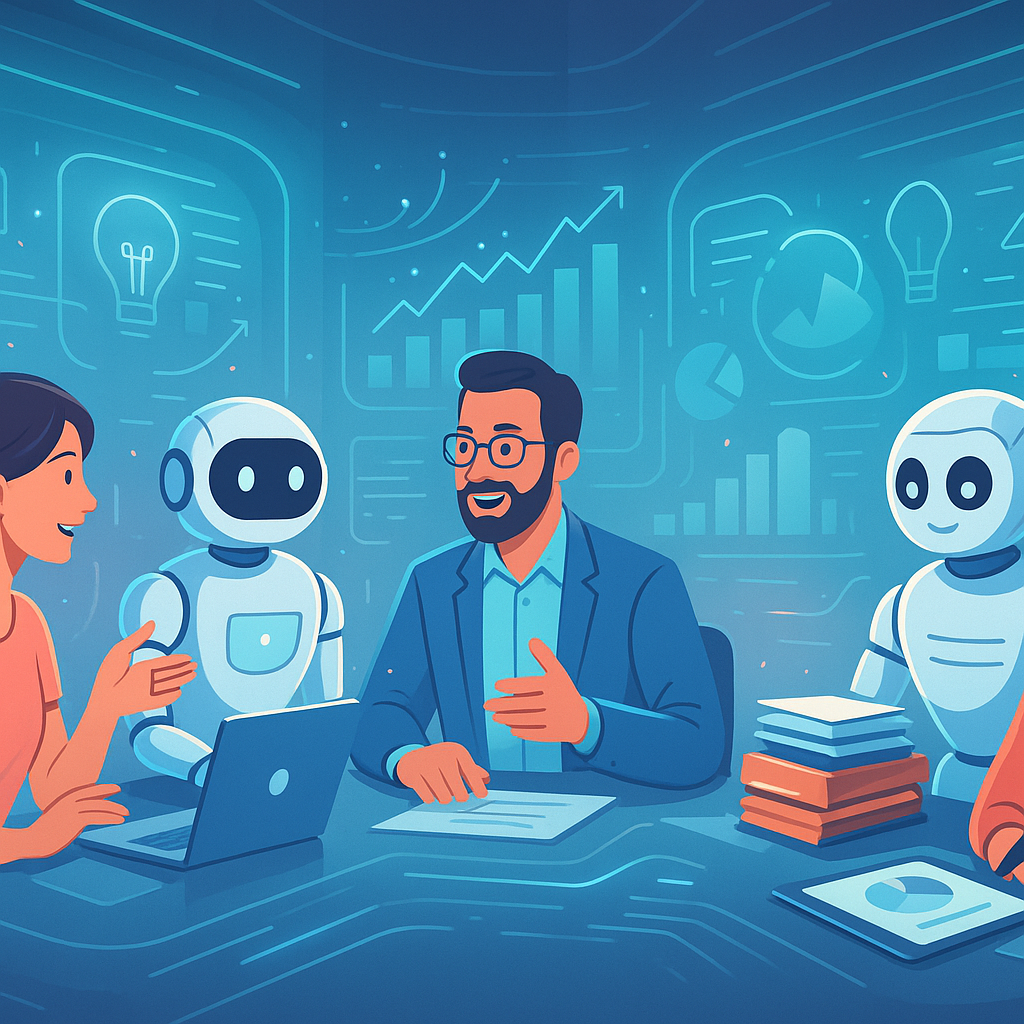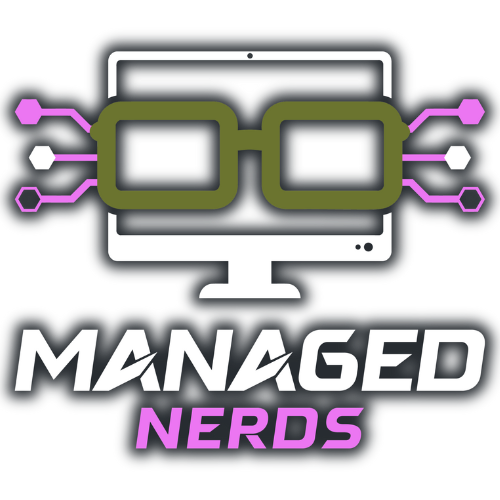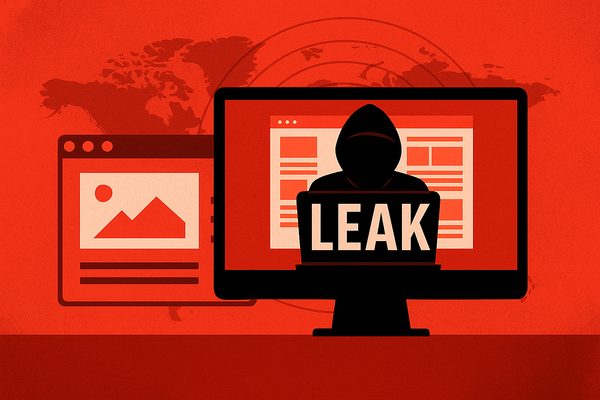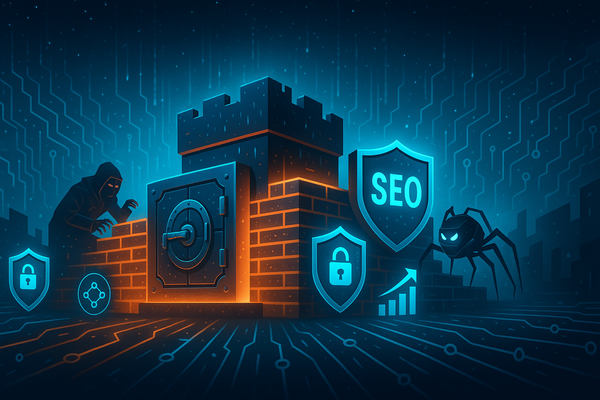Will AI Take My Job? Or Just the Boring Parts?
Anxious about robots stealing your livelihood? Discover how AI really impacts jobs, which roles shift—not vanish—and practical steps to future-proof your skills without panic.

AI Anxiety Is Real—But Is It Realistic?
Almost every headline screams “AI will eliminate millions of jobs!” and it’s hard not to imagine a robot sliding into your office chair.
Are we truly on the brink of mass unemployment, or is something more nuanced happening?
History suggests disruption, yes—obliteration, no. From ATMs to spreadsheets, technology has always automated routine tasks and, in turn, created space for new, more interesting work.
A Quick Trip Down Memory Lane
- ATMs (1970s): Tellers feared extinction, yet banks opened more branches and tellers shifted to customer service and sales.
- Spreadsheets (1980s): Bookkeepers worried; instead, financial analysts emerged, using new tools to deliver deeper insights.
Quote: Economist John Maynard Keynes predicted “technological unemployment,” but he also believed human wants are infinite. New tech frees us to pursue those wants in fresh ways.
How AI Changes Work—Not Just Jobs
- Automates Repetition
Data entry, basic report generation, and routine customer queries are prime AI territory. - Augments Creativity
AI drafts content or analyzes data, but humans refine the narrative, craft strategy, and build relationships. - Expands Possibilities
When machines handle the grunt work, businesses can explore services they once lacked bandwidth for—think personalized consulting or niche product lines.
Roles Most and Least Exposed
| Risk Level | Typical Tasks | Example Jobs |
|---|---|---|
| Higher | Predictable, rule-based | Data entry clerk, basic telemarketer |
| Moderate | Semi-structured, some judgment | Paralegal, loan officer |
| Lower | Creative, strategic, empathetic | UX designer, sales consultant, therapist |
The takeaway?
If your daily tasks rely on human empathy, creative problem-solving, or complex judgment, AI is more sidekick than rival.
Skill Sets That Thrive Alongside AI
- Critical Thinking: Interpreting AI outputs and making tough calls.
- Domain Expertise: Deep industry knowledge guides AI tools effectively.
- Emotional Intelligence: Building trust, managing teams, and selling ideas.
- Digital Literacy: Knowing which tool fits which problem.
Action Step
Audit a typical week. Highlight tasks that are repetitive or data-heavy—those are first in line for automation. Reinvest the saved hours in strategy, networking, or learning.
A Five-Step Personal Action Plan
- Learn the Basics
Take a free AI fundamentals course. Understanding terms demystifies the tech. - Experiment Small
Use ChatGPT to draft an email or summarize notes. Experience beats speculation. - Upskill Quarterly
Schedule one new skill each quarter—maybe data storytelling or prompt engineering. - Network & Share
Join a LinkedIn or Slack community where peers swap AI success (and horror) stories. - Track Your Wins
Document time saved or new revenue from AI-assisted tasks; it proves your evolving value.
What Employers and Solopreneurs Can Do
- Re-scope Roles: Shift job descriptions to focus on analysis and client interaction, not data crunching.
- Offer Training: Short workshops or “lunch & learns” lower resistance and spark innovation.
- Pilot, Then Scale: Test AI on one workflow. If ROI is clear, roll it out wider.
Wouldn’t you rather lead the change than scramble to catch up?
Final Thoughts
AI is less an employment grim reaper and more a catalyst for better, more human-centric work. Jobs will evolve, some will disappear, but many more will transform—opening doors for those prepared to adapt.
If you’re ready to automate the boring parts and level up your team’s skills, the experts at Managed Nerds can help you identify quick-win AI pilots, deliver hands-on training, and craft a roadmap that keeps people—and their talents—at the center of your business.





